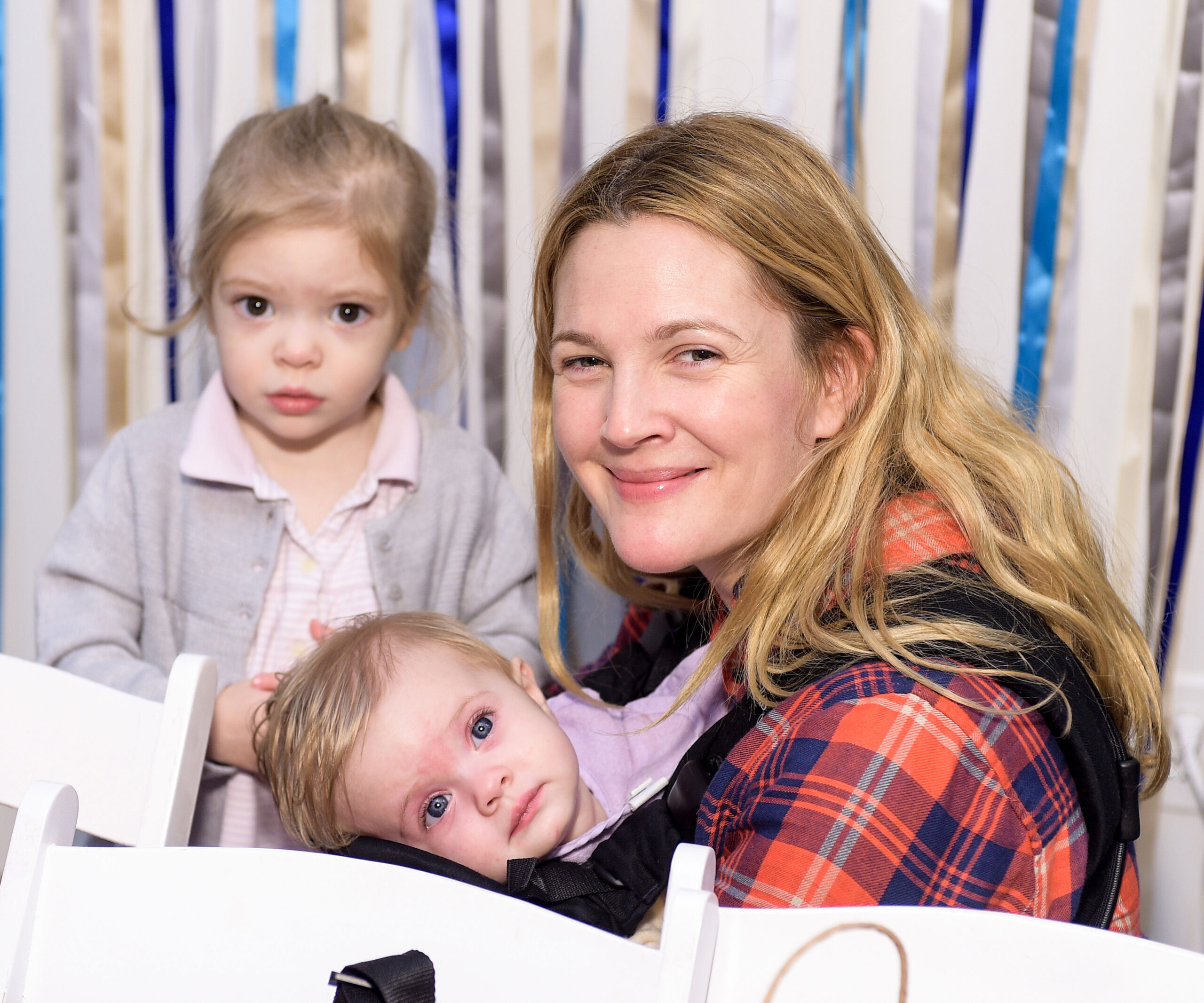In an interview with People, the Ever After actress revealed that she suffered postpartum depression with her second child Frankie.
“I didn’t have postpartum the first time so I didn’t understand it because I was like, ‘I feel great!’,” the mum-of-two said. “The second time, I was like, ‘Oh, whoa, I see what people talk about now. I understand.’ It’s a different type of overwhelming with the second. I really got under the cloud.”
Drew’s battle was a difficult one, and she soon realised the importance of juggling her uncontrollable emotions with a heavy workload.
“I just got right on the idea of, where do I need to be the most? Fifty-fifty would be ideal but life doesn’t work like that. Life is messy. It was just really challenging and I felt overwhelmed. I made a lot of decisions and I definitely changed my work life to suit parenthood,” she says.
But now that she’s through her six-month ordeal with depression, she’s grateful for what it taught her about the importance of staying in the present.
“It’s really important. I was in the kids’ class with Frankie and Olive this morning and I started fretting about some piece of work news that was just stressful,” the 40-year-old explains.

Drew Barrymore and her husband Will Kopelman.
“You know, in like the Broadway Babies class and it’s the one-hit wonders day, and they’re singing I don’t even know what song, and we’re all doing our lollipop drums and I just thought, ‘Save it until after class.’ One thing at a time.”
Although Drew admits that taking time out from an incredibly busy schedule is paramount, she also doesn’t want her daughters to see work as a negative.
“Putting a negative stigma on work is a go-to. It makes us feel like it proves to our children that we don’t want to work, we’d rather be with you,” she says. “I want them to see that work can be a good, positive, fun, happy thing. I’ve worked since I was 11½ months old so I have to be able to work, too. But I have to put them first. I don’t know if it’s good enough for anyone but I’m doing my best.”




